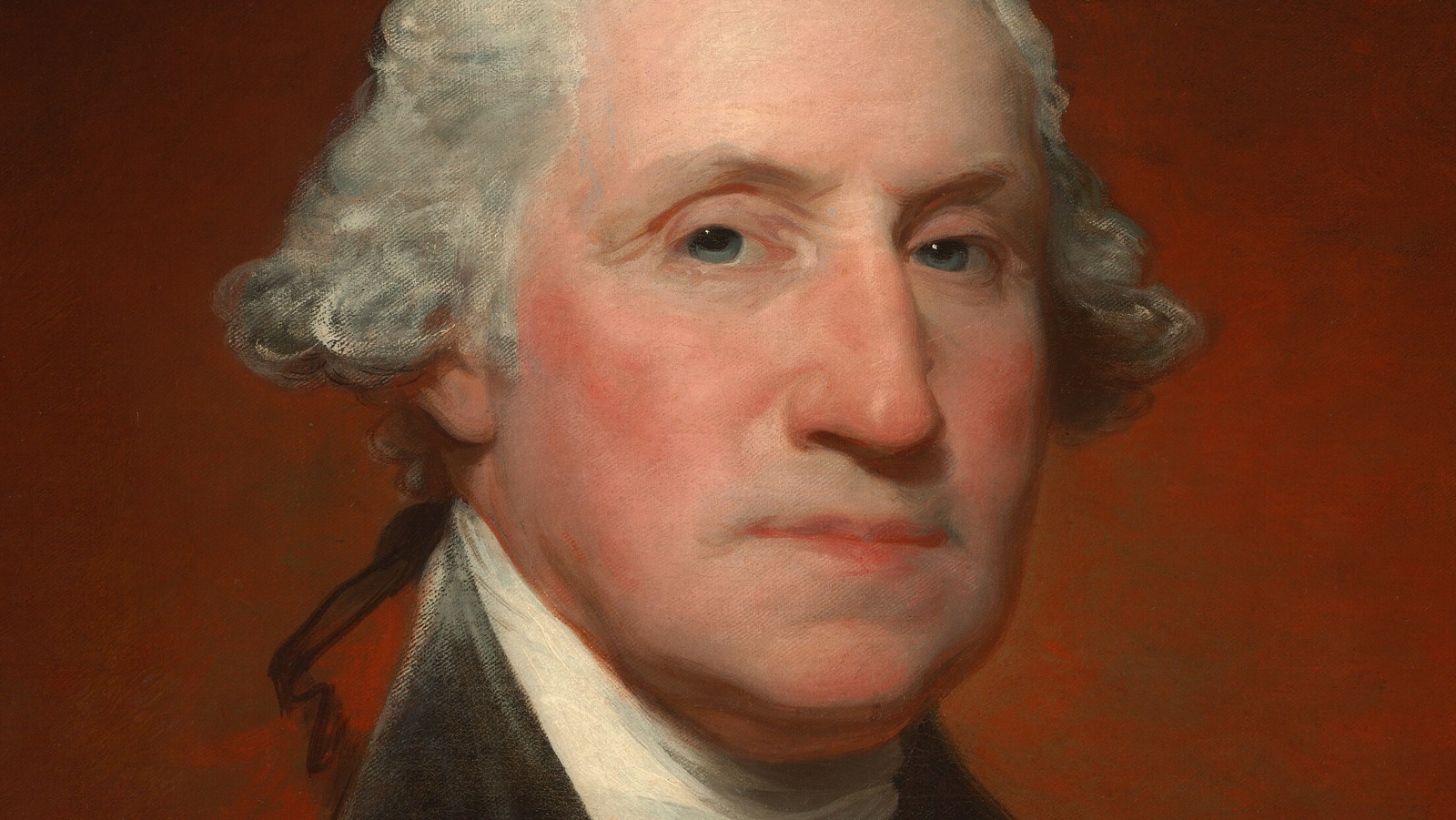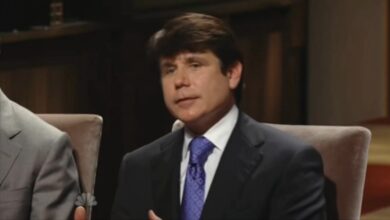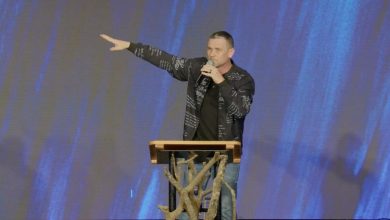George Washington Age, Date Of Birth, Bio, Family And Net Worth
George Washington: Age, Date of Birth & other info
George Washington, the first President of the United States, is one of the most revered figures in American history. His leadership, bravery, and vision helped shape the foundation of the nation.
- Age: 67 Years
- Date of Birth: February 22, 1732
- Birth Place: Westmoreland County, Virginia, British America
- Weight: 210–220 pounds (95–100 kg)
- Height: 6 feet 2 inches (188 cm)
- Net Worth: $525 million

George Washington was born on February 22, 1732, in Westmoreland County, Virginia, which was then a British colony. He was the eldest of six children from his father’s second marriage. His upbringing on a plantation exposed him to agriculture, land management, and the workings of colonial society.Washington’s early education was relatively modest, primarily conducted at home or through informal tutors. Unlike many of his contemporaries, he did not attend college. Instead, he honed practical skills in surveying and mathematics, which played a pivotal role in his future career.
Age and Life Span
Had he been alive today, Washington would be well over 290 years old. However, he lived for 67 years, passing away on December 14, 1799. His legacy continues to endure, making his contributions timeless.
Biography
Education and Early Career
Washington’s formal education was limited compared to his contemporaries. He attended local schools but largely educated himself through reading and hands-on experience. He gained practical knowledge in mathematics, surveying, and land management, which later served him well in his career.At the age of 16, Washington worked as a surveyor for the Virginia colony, mapping out lands in the western frontier. His skills in surveying allowed him to acquire valuable land holdings and build a fortune over time.
Military Career
Washington’s military career began in 1752 when he was appointed as a major in the Virginia militia. He played a key role in the French and Indian War (1754-1763), earning recognition for his leadership and bravery. However, his true military genius was demonstrated during the American Revolutionary War (1775-1783), where he led the Continental Army against the British.His strategic victories, including the surprise attack on Trenton and the final triumph at Yorktown in 1781, cemented his status as a national hero. He endured many hardships, including harsh winters at Valley Forge, where his leadership kept the army together despite dire conditions.
Political Leadership and Presidency (1789-1797)
Following American independence, Washington was unanimously elected as the first President of the United States in 1789. He served two terms (1789-1797) and played a crucial role in stabilizing the young republic. His policies laid the groundwork for the new government, including the establishment of the national bank, foreign relations, and the formation of political parties.Washington voluntarily stepped down after two terms, setting a precedent for future presidents. His famous Farewell Address in 1796 warned against political divisions and foreign entanglements.
Family Background
Parents and Siblings
Washington was born into the prominent Washington family. His parents were:
- Father: Augustine Washington (1694-1743) – A planter and justice of the peace.
- Mother: Mary Ball Washington (1708-1789) – A strong and independent woman who played a significant role in Washington’s upbringing.
Washington had five full siblings and several half-siblings from his father’s first marriage. Notable ones include:
- Lawrence Washington (half-brother) – Influenced George’s early military aspirations and left him the Mount Vernon estate.
- John Augustine Washington – Managed family affairs while George was engaged in public service.
- Charles Washington – Played an active role in Revolutionary War efforts.
Marriage and No Direct Descendants
In 1759, Washington married Martha Dandridge Custis, a wealthy widow with two children, John (Jacky) and Martha (Patsy) Custis. Although George Washington never had biological children, he played a fatherly role to Martha’s children and later to his grandchildren. His correspondence and actions suggest he deeply cared for his stepfamily and took great responsibility for their upbringing.
Net Worth and Wealth Analysis
Land and Assets
Washington was one of the wealthiest individuals of his time, primarily due to land ownership. His wealth came from:
- Mount Vernon Estate – A vast plantation covering over 8,000 acres.
- Land Holdings – Owned more than 50,000 acres across various states.
- Business Ventures – Ran a successful distillery, one of the largest whiskey producers in the U.S.
- Slave Ownership – Like many wealthy landowners of his era, Washington owned enslaved people, although he made provisions in his will for their gradual emancipation.
Estimated Net Worth
Although determining Washington’s exact net worth is difficult, historians estimate his wealth in today’s terms to be between $500 million and $1 billion, making him one of the wealthiest U.S. presidents in history. His financial acumen allowed him to maintain a lifestyle of comfort while managing Mount Vernon efficiently.
Legacy and Death
On December 14, 1799, Washington passed away at Mount Vernon due to complications from a throat infection. His death was mourned nationwide, and his contributions to the founding of the United States were honored with numerous tributes. His remains are interred at Mount Vernon, where his estate continues to be a historic site visited by millions.Washington’s legacy remains unparalleled. His leadership set the foundation for American democracy, his military strategies shaped the nation’s independence, and his vision for governance continues to inspire leaders worldwide.
Conclusion
George Washington remains an enduring symbol of leadership, integrity, and national unity. His impact on the United States is immeasurable, from his military victories to his principled leadership as the first president. His personal wealth and achievements reflect his hard work and dedication, solidifying his place as a monumental figure in history.




